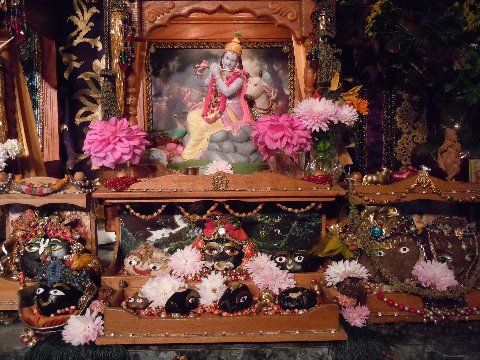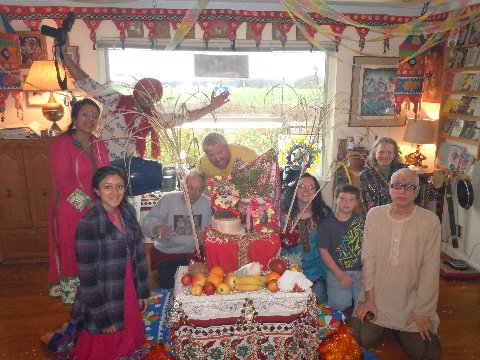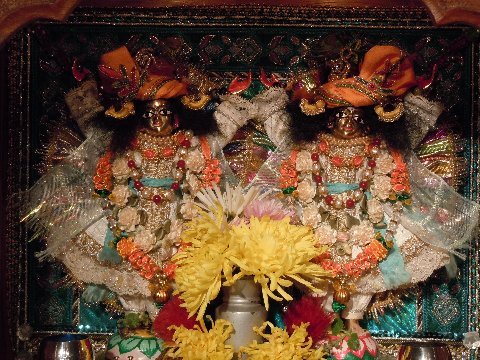- December 24, 2013Prabhupada: Feasting means puri and halava and a vegetable and a chutney. That's all. Four things. Make simple. Tamala Krsna:…
- December 24, 2013Hare Krsna to all Pranams all glories to Srila Prabhupada I just came across this below article today-7 reasons why there are…
- December 24, 2013Hare Krsna to all Pranams All glories to Srila Prabhupada-the transcendental Ambassador from Vaikuntha ! Please read this brilliant letter …
- December 24, 2013Hare Krsna- below one short statement where Srila Prabhupada explains so nicely why we should not give any trouble to…
- December 24, 2013Hare Krsna to all Pranams All glories to Srila Prabhupada Below we have three things Prabhupada stresses. 1. A neophyte…
- November 18, 2013Letter to: Rupanuga,17 February, 1970 My dear Rupanuga,Our editing is to correct grammatical and spelling errors only, without interpolation of…
- November 15, 2013Saturday, November 16, 2013 Sri Nimbarka acarya avirbhava tithi (appearance day) Tulasi dana vivaha Srila Prabhupada refers to Sri Nimbarka…

Under the guidance, inspiration and authority of
His Divine Grace A.C. Bhaktivedanta Swami Prabhupada
Founder-Acharya of the Krishna Consciousness Movement
Srila Prabhupada: “I wish that each and every branch shall keep their separate identity and cooperate keeping the acharya in the center. On this principle we can open any number of branches all over the world. (Letter, February 11, 1967)


